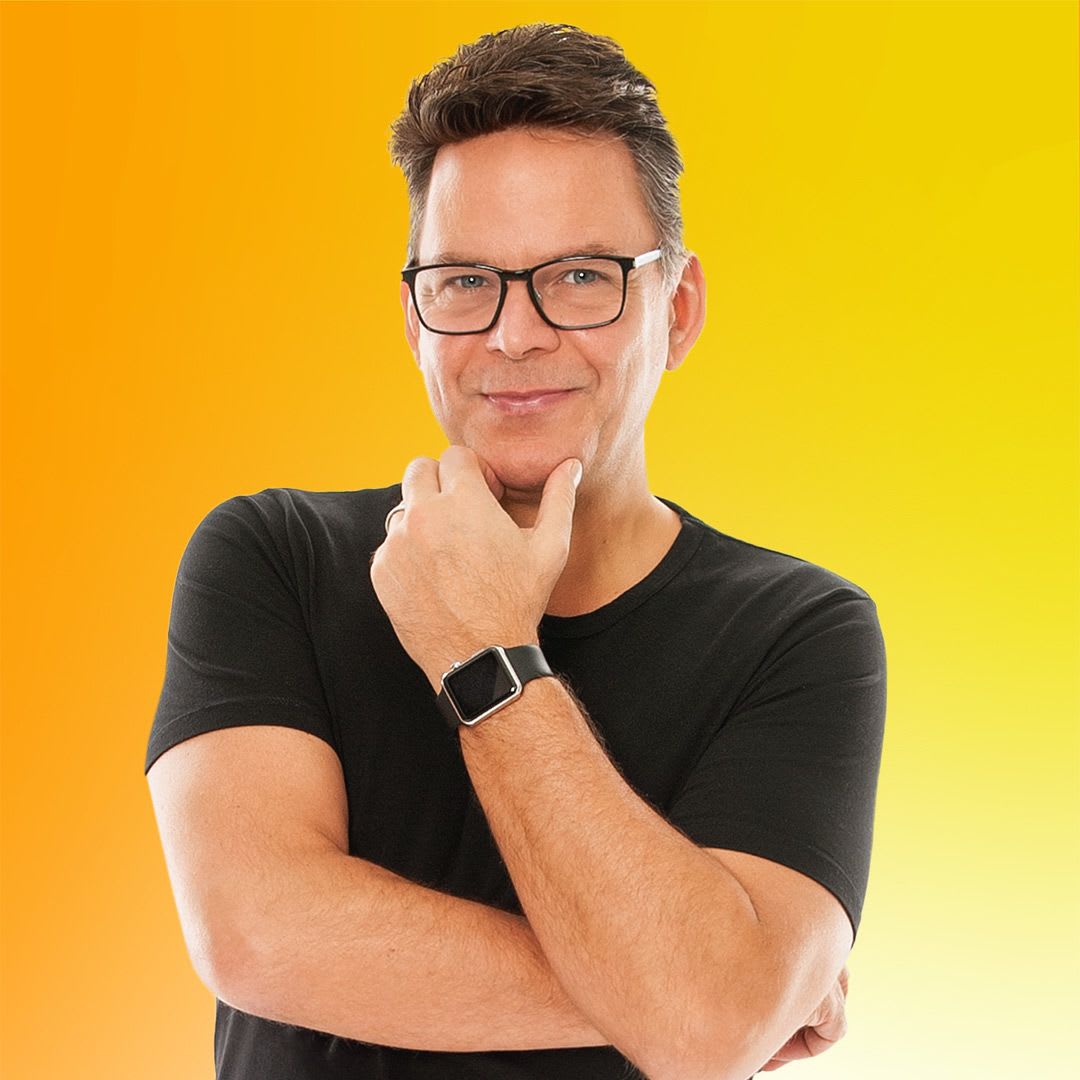Mental health 'getting worse' among young people in South Gloucestershire
A new report's calling for steps to improve services
Mental health among children and young people in South Gloucestershire is getting worse and steps to improve it have failed, councillors and local NHS chiefs were warned.
And some youngsters are falling through the cracks in services that are supposed to help them.
Steve Curry, chief executive of voluntary sector organisation CVS South Gloucestershire, told a meeting of the district’s health and wellbeing board that more funding was needed in education as well as better support in the community.
He was speaking as the board endorsed a new five-year mental health strategy led by Bristol, North Somerset and South Gloucestershire Integrated Care Partnership, the local health authority.
It follows a “deep dive” into the problem in the area to highlight the biggest issues and focus resources to tackle them.
Latest figures show 14 per cent of adults in South Gloucestershire have been diagnosed with depression and 22 per cent have high anxiety.
A report to the board said the district’s rate of emergency hospital admissions for self-harm was higher than both the South West and England as a whole and “constitutes a growing and significant proportion of admissions to hospital in teens”, disproportionately affecting girls and youngsters in deprived neighbourhoods.
It said a survey of 12,000 South Gloucestershire school pupils revealed mental wellbeing had “deteriorated with more pupils experiencing low or very low mental wellbeing”.
The report said: “Poor mental health is a clear issue for children and young people.
“Children and young people would like to have increased and more accessible services and early help, especially for mental health.”
Mr Curry told the meeting at Kingswood civic centre on Wednesday (April 24th) that the new strategy was good but did not focus enough on education.
He said positive mental health was key to healthy lifestyles, healthy weight, good nutrition and attainment in school, all of which remain on the board’s priority list.
Mr Curry said: “If you look at the charts and performance reports, what we’re doing isn’t working.
“Mental health is getting worse. We need to be open and honest and have that conversation.
“I would encourage investment in education at school level and at community level so there is adult learning and other things to follow on from that.
“I’ve been talking to someone recently who’s come out of severe mental illness and was on lithium and has now progressed outside of the health services and was looking for support in the community and there wasn’t any.
“This is in a large town in South Gloucestershire and there was nothing there.
“So it’s not likely to work, it’s likely to keep getting more expensive because people won’t continue to recover unless those things are based in communities.
“My appeal would be to invest in education throughout the life course and invest in community-based services.”
He said that the current system was “failing”.
Healthcare provider Sirona’s head of public health nursing Nikki Lawrence said: “It’s a great strategy but can I make a plea for the younger children?
“What we’re seeing on the ground is younger, primary school age children with quite significant issues.
“They fall through the gaps. I’m thinking of a young boy, an eight-year-old, who has early eating disorders but we’re told he’s not bad enough to hit the CAMHS (Child and Adolescent Mental Health Services) threshold, he hasn’t lost enough weight, he didn’t meet the threshold for ADHD.”
She said the youngster’s condition was “too extreme for school nurses to offer the right support” but he was too young to access support from Off The Record, a mental health organisation by and for young people aged 11 to 25 in Bristol and South Gloucestershire.

